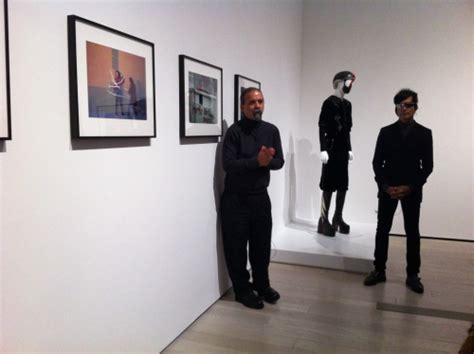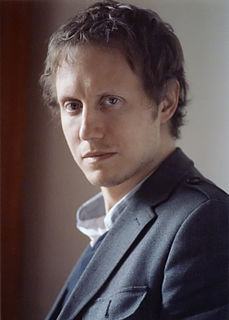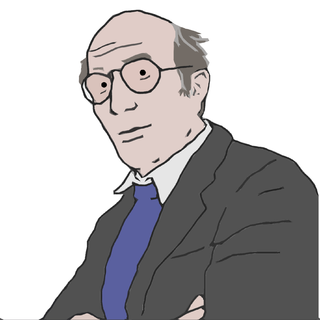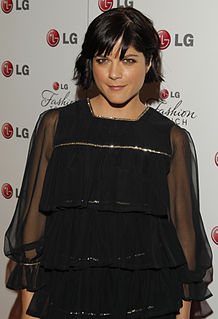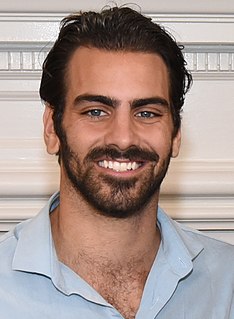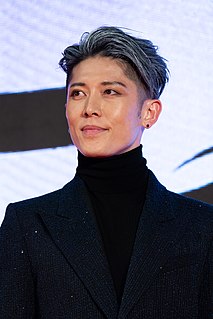A Quote by Jenna Elfman
Since I was born I wanted to entertain and communicate. I wanted to communicate so badly ... My sixth-grade math teacher taped my mouth. I'm still out to get her [for that]. It was very traumatizing!
Related Quotes
Where my earlier works, what sets them apart is that I didn't need approval and I didn't need permission from anyone because I wasn't being paid. So, to me, I was allowed the freedom, the total freedom to just communicate how I wanted to communicate and my whole level of perspective was to communicate to the barrios, communicate to the gangs and communicate to the people that frequent the thoroughfares that were populated by these gangs and by this life style.
I think we can learn a lot about a person in the very moment that language fails them. In the very moment they they have to be more creative than they would have imagined in order to communicate. It's the very moment that they have to dig deeper than the surface to find words, and at the same time, it's a moment when they want to communicate very badly. They're digging deep and projecting out at the same time.
Speaking of love, one problem that recurs more and more frequently these days, in books and plays and movies, Is the inability of people to communicate with the people they love: husbands and wives who can't communicate, Children who can't communicate with their parents, and so on. And the characters in these books and plays and so on, And in real life, I might add, spend hours bemoaning the fact that they can't communicate. I feel that if a person can't communicate, the very least he can do is to shut up!
It was at first almost as if he hadn't wanted to kiss her. His mouth was hard on hers, unyielding; then he put both arms around her and pulled her against him. His lips softened. She could feel the rapid beat of his heart, taste the sweetness of apples still on his mouth. She wound her hands into his hair, as she'd wanted to do since the first time she'd seen him. His hair curled around her fingers, silky and fine. Her heart was hammering, and there was a rushing sound in her ears, like beating wings
I was born in Brazil and grew up in the '70s under a climate of political distress, and I was forced to learn to communicate in a very specific way - in a sort of a semiotic black market. You couldn't really say what you wanted to say; you had to invent ways of doing it. You didn't trust information very much.
I was born 50 years after slavery, in 1913. I was allowed to read. My mother, who was a teacher, taught me when I was a very young child. The first school I attended was a small building that went from first to sixth grade. There was one teacher for all of the students. There could be anywhere from 50 to 60 students of all different ages.


